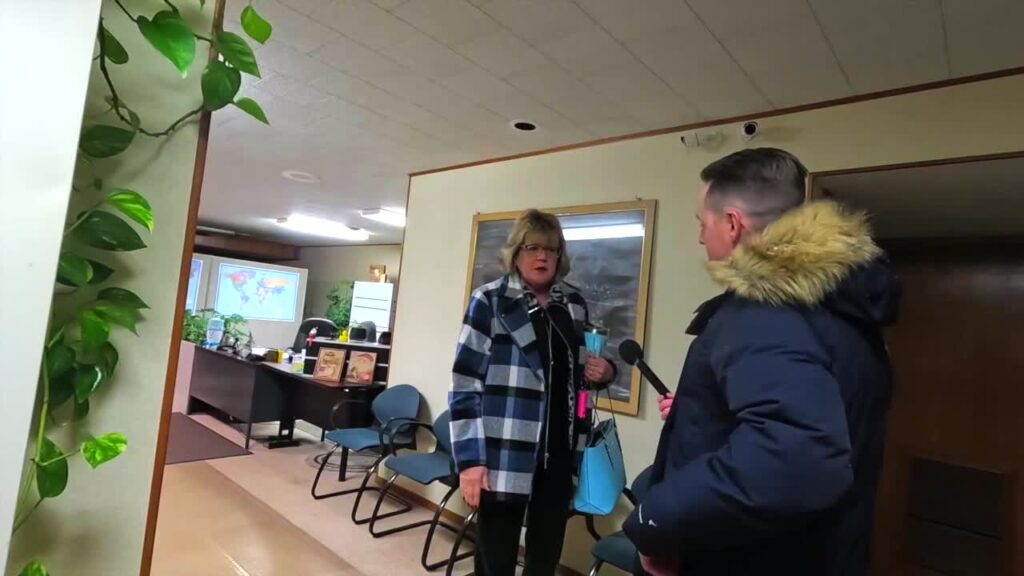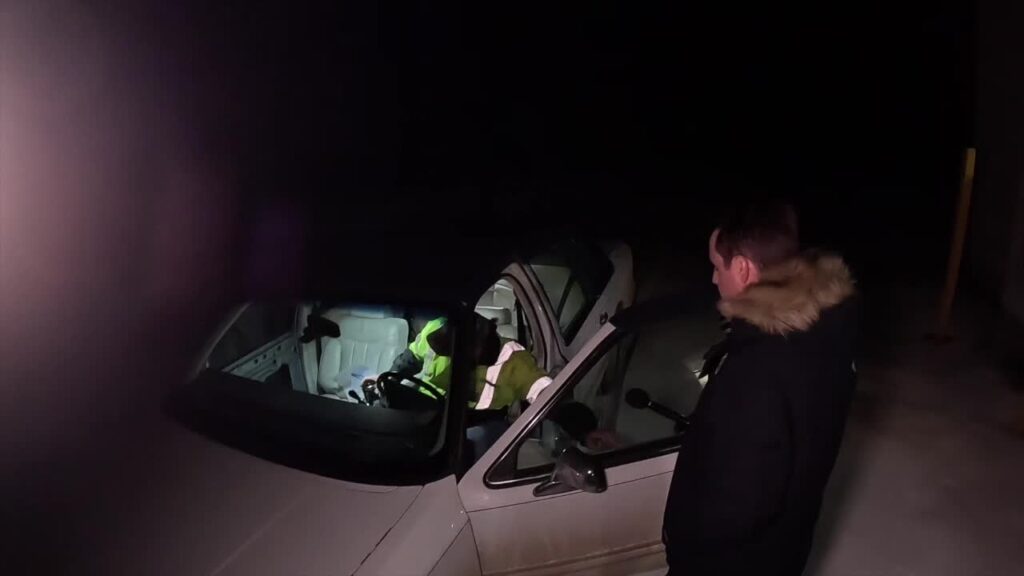Second Minnesota election judge faces criminal charges, adding to concerning day at the polls
Two election judges from different parts of the state now face criminal charges for their conduct on Election Day, adding to a list of concerning incidents that occurred when voters went to the polls in Minnesota.
Two months later, state officials are still dealing with the fallout as the nation prepares to swear in the next president.
While there are no allegations of widespread voter fraud or misconduct, problems did surface, including missing ballots, unregistered voters and election judge violations.
“The unintended rippling effect may be feeding into false narratives… that perhaps there’s rampant voting fraud in the state of Minnesota when we all know that’s not the case,” said Annastacia Belladonna-Carrera, executive director of Common Cause Minnesota, a nonpartisan group working to ensure safe, secure and fair elections.
Family matters in Ceylon
5 INVESTIGATES uncovered one incident in the small town of Ceylon, Minn., minutes from the Iowa border.
Mary Muller, the city clerk, was charged with a misdemeanor after serving as head election judge in the same precinct where her husband was on the ballot, a violation of state law.
Terry Muller ran for city council and won the seat.
“Part of this whole situation is election integrity matters,” said John Gibeau, the longtime mayor of Ceylon who lost his reelection bid in November.
5 INVESTIGATES traveled to the remote southwest Minnesota town where Ms. Muller continues to serve as clerk.

“I’m not talking to you,” she said as she gathered her things and started to walk out of city hall. “Get out of my office. Get out of my office.”
As Muller got in her car, she said, “It’s all a f–king joke” before leaving.
“At the end of the day, just the implication that somebody might have done something wrong or made a mistake, it gives the impression that maybe things are not on the up and up,” Gibeau said. “If one person thinks that and then doesn’t vote, that’s a big fail as a democracy.”
High-profile cases
There is no allegation that what happened in Ceylon changed the outcome of the election, but the people who work to ensure fairness say the problems should be a wake-up call.
“It chips away at our democracy,” Belladonna-Carrera said, calling the issues this election day “unusual.”
Case in point: Scott County.
A recount in the extremely close race between incumbent DFL Rep. Brad Tabke and Republican challenger Aaron Paul revealed that 20 ballots disappeared and were likely tossed in the trash.
This week, a judge denied the Republican’s request for a special election, but not before the state House started its session in chaos.
It’s also not the only high-profile Election Day controversy. Days before the election, the State Supreme Court found Hennepin County broke the law in how it picked election judges – something it managed to fix before Election Day.
County clerk faces felonies
Almost 200 miles away, Hubbard County prosecutors charged election judge Tim Scouton with two felonies – saying he allowed 11 people to vote who were not registered.
Charging documents suggest confusion inside the precinct that day over where the voter registration forms were located.

5 INVESTIGATES also made the trip to Hubbard County for a recent Badoura Township meeting, where Scouton continues to serve as clerk.
“Goodbye,” he said as 5 INVESTIGATES approached with a camera and microphone. Scouton left and never returned for the meeting.
Fellow board members said they still felt confident with Scouton serving as clerk, but said they only knew what they read in the news.
“We don’t know what happened. We were totally out of it,” said Theora Goodrich, board supervisor.
Election worker training
Belladonna-Carrera says that while these issues may seem minor, they collectively represent a broader problem.
“I think what this signals is perhaps a need to revisit the training aspect of these folks that are out there,” she said.
The Secretary of State’s office said the training of election judges is the responsibility of the individual counties and cities that hire them. However, the office does provide training guides, manuals, and even videos.
“Our office goes above and beyond what is legally required to ensure localities are supported in training their election judges,” said Cassondra Knudson, spokesperson for the SOS office.
Knudson said it’s extremely rare, but “occasionally errors or intentional violations of election laws do occur,” adding that redundancies in place ensure they’re caught quickly.
Belladonna-Carrera plans to address the issue before the next election cycle.
“I have no doubt that we have safe, secure elections. But I also don’t think that we should sort of sweep it to the side and say, well, it just happens to be in one instance or the other instance,” Belladonna-Carrera said. “All of our voters are owed a level of confidence.”